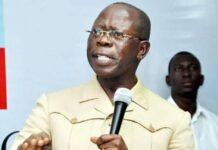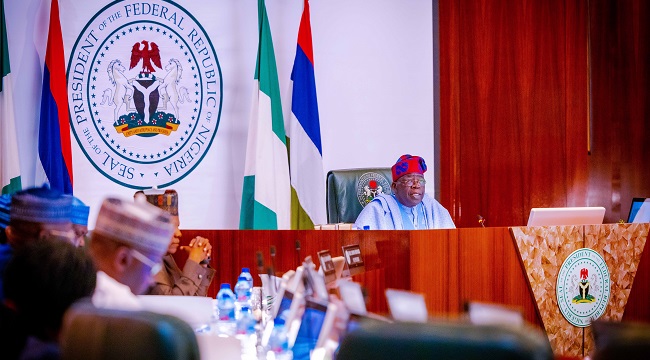The tax reform plans have remained controversial, with some northerners mistakenly asserting that the region would become impoverished if the bills were approved in their current form.
This has been strongly refuted by the Presidency, which claims that the reforms are intended to remove multiple taxation, relieve the burden on the poor, and simplify the tax system for easier administration.
It has been noted that the majority of influential people who are speaking out about the tax reform legislation haven’t even read them. Please refrain from responding to other people’s remarks. There is a lot of misinformation and disinformation regarding these well-written bills out there, so get the bills and read them with an open mind before making any judgments.
The tax reform plans have many favorable features for businesspeople and the impoverished.
People who make less than one million naira a year, for example, will no longer be required to pay income tax.
Unlike the existing threshold of three point two million naira, only individuals earning over fifty million naira will be subject to a twenty-five percent income tax rate.
Companies that make less than fifty million naira a year are exempt from income tax. Currently, 25 million naira is the cutoff.
By 2026, corporation taxes for medium-sized and big businesses will decrease from 30% to 25%.
Read Also: NGO advocates inclusion of PWDs in policy decisions
The statutory one percent gross earnings tax will no longer be paid by businesses that do not report profits.
Starting in 2030, student loans will be directly funded by a new two percent development levy, which would replace the existing three and a half percent supplementary tax.
To keep costs low for the underprivileged, there will be no VAT applied to food, power, school fees, or medical services.
The provision for a derivation-based distribution scheme for the VAT proceeds is the main aspect of the proposals that certain northern leaders are criticizing.
Lack of knowledge about the clause, which could eventually favor the north, is the source of the concerns.
Promotion
As an alternative to the present fifteen percent (15%), the bills suggest that the states adopt a new VAT sharing formula of fifty-five percent (55%) instead.
The local governments’ part will increase to thirty-five percent (35%), while the federal government’s contribution will decrease from fifteen percent (15%) to ten percent (10%).
It is stipulated that sixty percent of the total sum owed by municipal and state governments must be disbursed based on derivation.
Compared to the present sharing method, which favors Lagos, Rivers, and the Federal Capital Territory (FCT) because these areas are home to corporate headquarters, this model of distribution is more egalitarian and is based on consumption among the states.
For example, even though neighboring states have millions of users, the SA prevalent model assumes that a telecom company’s VAT payments are credited to Lagos once they are made from its corporate office in Lagos.
In order to distribute the VAT earnings, the telecom operator is required to provide the tax authorities with information about the subscriber allocations around the country under the proposed model. With millions of telecom users, the northern region will gain from this. There are 11.9 million subscribers on Kano alone.
The FCT, Lagos, and Rivers should be the ones to voice their displeasure with the new sharing arrangement, not the north.
Whatever is included in the tax reform bills is still only a suggestion, regardless. Amendments may be made to them.
Rather than advocating for the complete rejection of the well-written tax reform proposals, the North should carefully document all of its objections to the bills and submit them to the National Assembly through its representatives for a thorough discussion.
The north should also inquire as to how it should be paid for the food products it manufactures that are VAT-exempt.
During discussions on the tax reform measures, experts, state governors, traditional leaders, and other interested parties would be invited, according to a pledge made by Senate President Godswill Akpabio. After hearing what Nigerians had to say, he said that the Senate will give them what they wanted. What more could we possibly desire?
Fourteen months after it started, the tax reform process is still ongoing. Nothing is set in stone. It is still possible to add new inputs. No suggestions have been rejected. Thus, there is nothing to be concerned about in the north.
The tax reform process shouldn’t be halted by disagreements over specific measures.
Reforms are needed for the impoverished. Businesspeople who are upset about many taxes are clamoring for reforms, and Nigeria, which needs to develop economically quickly, is in dire need of tax reforms.
Join Television Nigerian Whatsapp Now
Join Television Nigerian Facebook Now
Join Television Nigerian Twitter Now
Join Television Nigerian YouTUbe Now

























